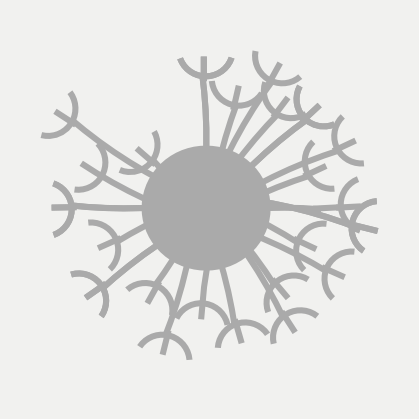Now the World Will Know the Truth
Regions
Pinochet: Slick public relations, lies and diplomatic immunity in the end could not save the dictator from justice.

TNI and the Pinochet precedent
It has been 25 years since I witnessed Hawker Hunter jets circle downtown Santiago, Chile, and heard the bombing of the Presidential Palace, La Moneda. My family and I watched in disbelief as gray-brown smoke filled the skies. We believed my father was in the palace at the time. Later we learned that he had escaped the bombing and had been taken prisoner at the Department of Defense.
On that day, September 11, 1973, many people died in Chile as a result of the military overthrow of the constitutionally elected government of Salvador Allende. Augusto Pinochet Ugarte, the newly appointed head of the army, along with the heads of the air force, navy and police, initiated a violent chapter in Chilean history. As minister of defense, my father had worked closely with Pinochet. It soon became clear that the general was the leader of the military junta and the main architect of the overthrow. Allende himself died in La Moneda that day. My family, like many others, heard his legendary and moving words on Radio MagEllanes during his final moments:
I have faith in Chile and its destiny. Other men will overcome this gray and bitter moment where betrayal threatens to impose itself. Continue knowing, all of you, that much sooner than later, the great avenues will open through which will pass free men in order to construct a better society ... These are my last words having the certainty that this sacrifice has not been in vain. I am certain that at least there will be a moral sanction which will punish felony, cowardice, and betrayal.'
I grew into manhood believing completely in the truth and certainty of these words.
For a year, my father, Orlando Letelier, was imprisoned on Dawson Island, 300 miles from the Antarctic Circle. There the men who had worked with Allende built barracks and were subjected to hard labor.
Allende's words resonated within me on the mornings shortly after the coup when my brothers and I would encounter corpses floating in the Mapocho River, and dark red stains on the paths of the carefully kept Parque Forestal. I was young then and vowed that I would outlive Pinochet. My father survived the camp and was eventually released into exile. He shared many stories with his sons, but he always held certain things back, as if to protect us from the intensity of the tortures and deaths he had experienced.
In late September, 1976, my father and an American co-worker, Ronni Karpen Moffitt, were assassinated on the streets of Washington DC. A hit squad under orders from Pinochet, working with paramilitary Cuban exiles, planted a bomb in his car and detonated it as my father drove past the Chilean embassy. I remember being pulled out of a high school classroom and rushed to George Washington Hospital. The car passed the bomb site on the way. There is an indelible image stored inside of me, of ambulances and firemen cleaning up Massachusetts Avenue, hosing the blood away and searching for the dismembered remains of my father's body. Isabel Morel, my mother, was waiting at the hospital and she had just one message for us: 'Do not let this teach you hate.'
For years my mother and others, including my father's sister, Fabiola Letelier in Chile, worked tirelessly for justice and to indict the men who had authored the murder. Over the course of almost 20 years, the men who had participated in the murder were apprehended one by one and tried for their crimes. In 1995, Manuel Contreras, Pinochet's right hand man and the head of intelligence during the military regime, was imprisoned for his part in the murders.
Even after Pinochet stepped down from his official position as head of the armed forces earlier this year and became a senator for life, he continued to take great measures to keep justice away from his door. His public relations efforts at whitewashing his legacy with myths about economic booms and innovative social programs have been most successful in Chile itself. It would seem that we Chileans are uncomfortable with examining our dark underbelly too closely, as if justice could stop its sometimes slow but always steady course.
The world is filled with too many individuals like myself who have witnessed crimes like those Pinochet is certainly responsible for. Many individuals who keep the idea of a world society where justice, peace and dignity are real, attainable, and possible. As I now remember the last words of Allende, they race through me like a wildfire, loud and powerful. Pinochet has been arrested and the world has taken a part in bringing about a new possibility for justice. There are some who, like me, are not so concerned about whether Pinochet goes to jail - he is, after all, 82 years old. It is more important that we as a world society recognize that a man like Pinochet is someone who should be submitted to justice and investigation. It is more important that the world know the truth.
In my country and around the world there are thousands like me who know that Pinochet is a criminal, a man who gave orders and caused torture and death throughout an innocent civilian population. Economic miracles and slick public relations, diplomatic immunity and public titles cannot change or erase this truth. We are celebrating the truth, which has always been ours. Justice is real. There are others who are now bravely overcoming the gray and bitter moments of Chilean history, just as I always knew there would be.'
Copyright 1998 Los Angeles Times